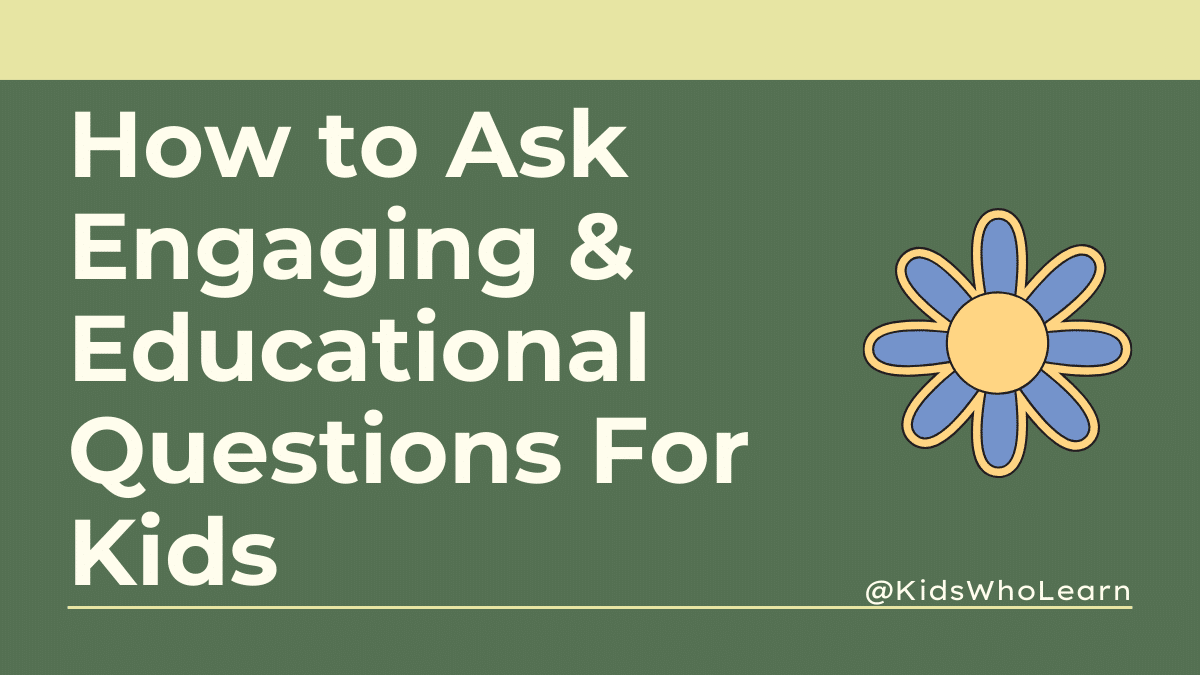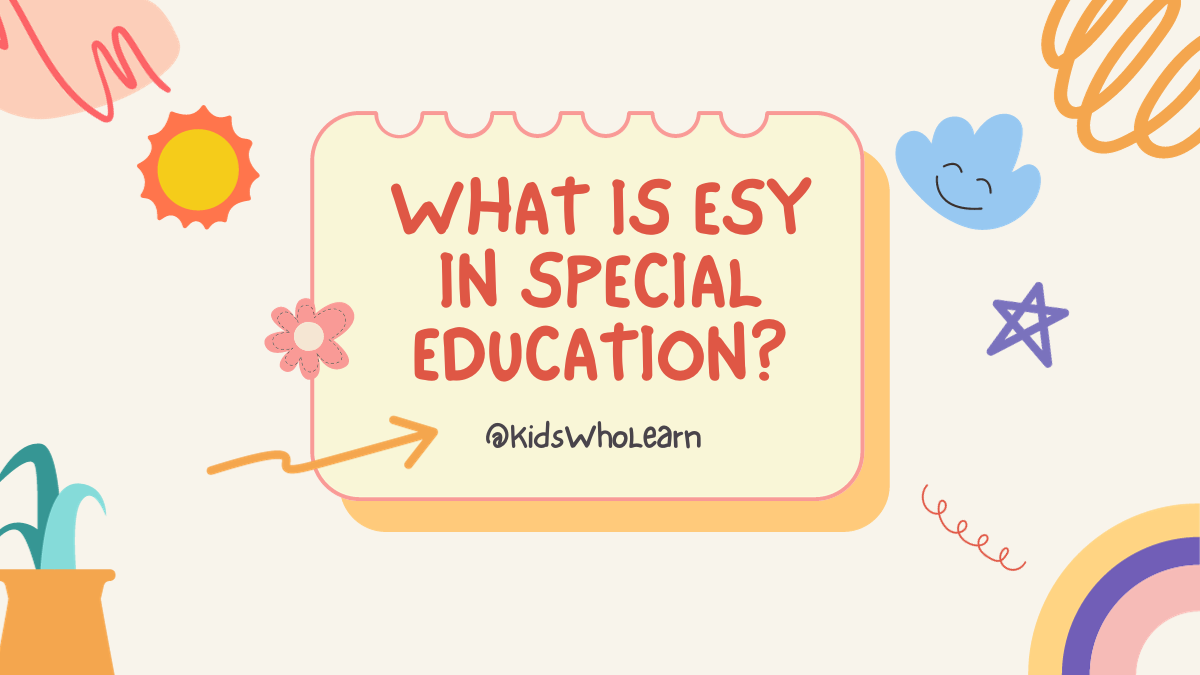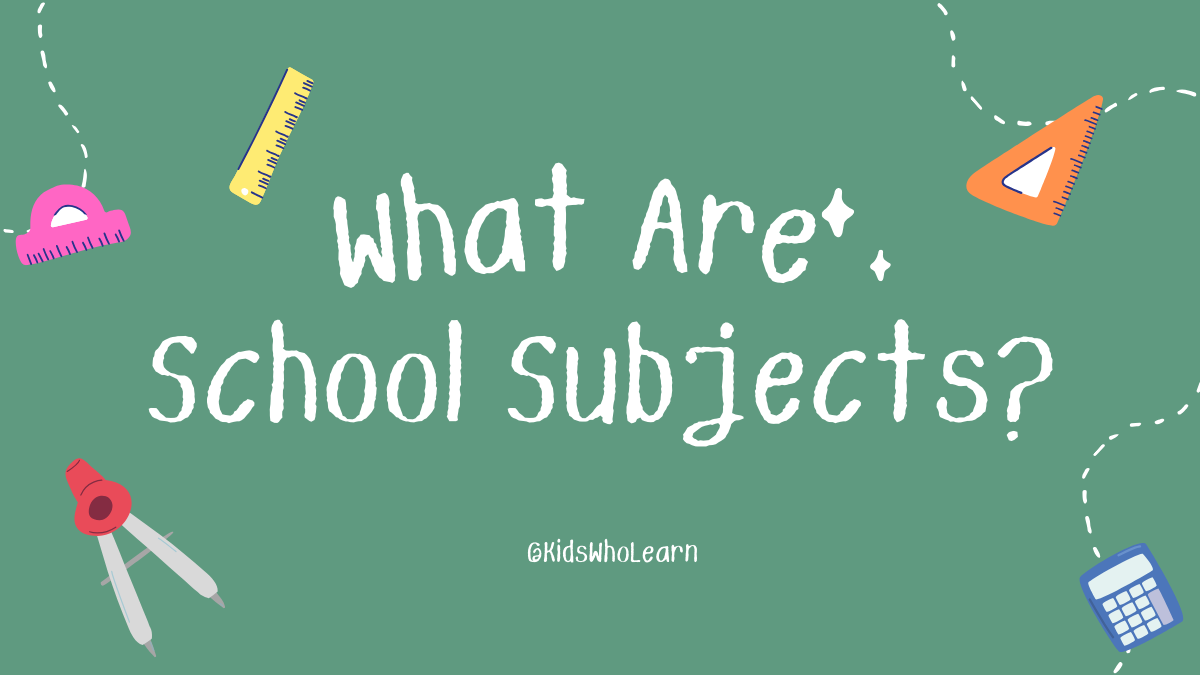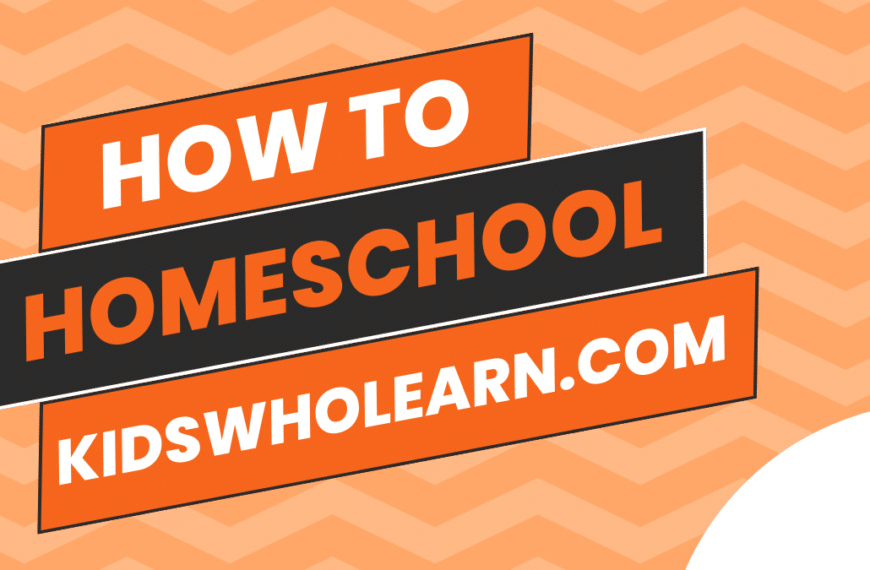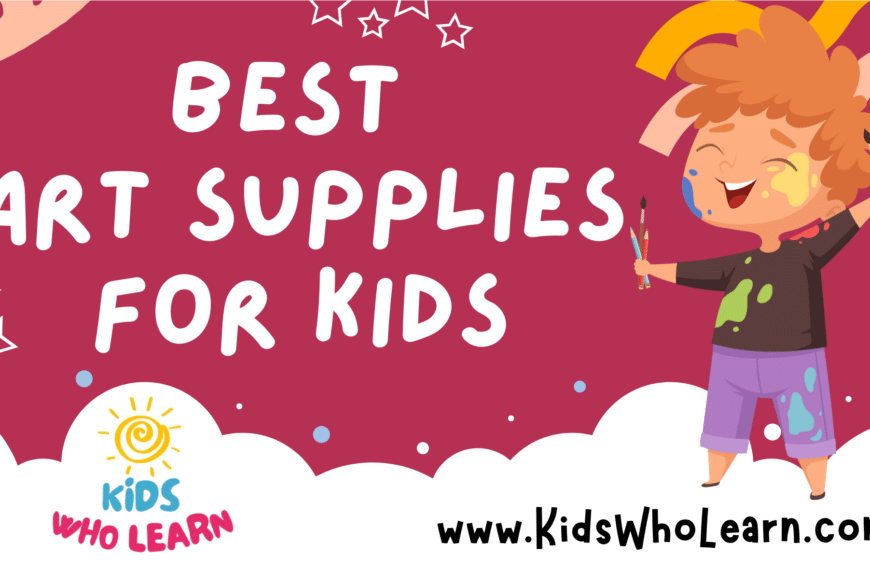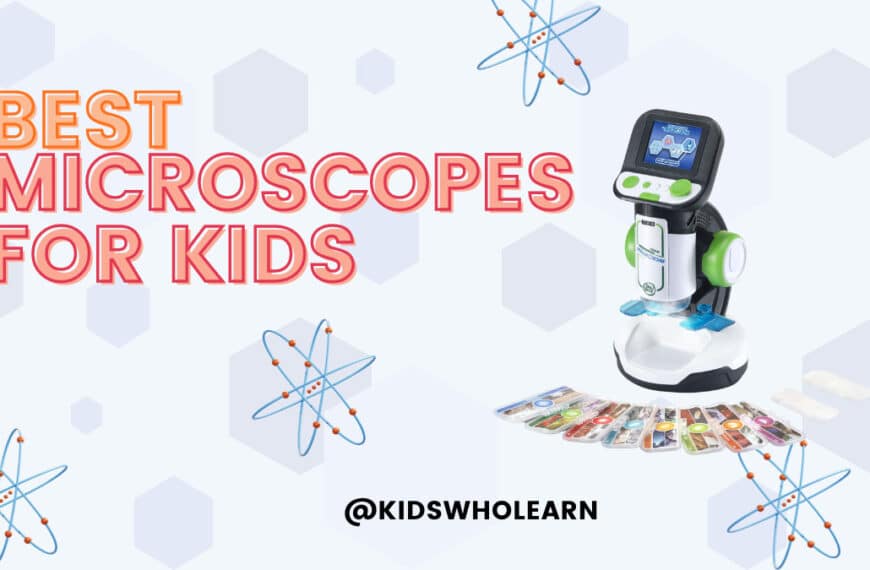If you want to encourage your child’s curiosity and help them develop critical thinking skills, teaching them how to ask “how” questions is a great place to start. “How” questions are open-ended and require more than a simple yes or no answer, encouraging children to think deeper and explore different possibilities. In this article, we’ll explore how to teach kids to ask “how” questions at different ages and in different subjects.
Understanding the importance of “how” questions is the first step in teaching kids to ask them. “How” questions encourage children to think critically and creatively, and they can be applied to a variety of subjects and situations. By asking “how” questions, kids can better understand cause and effect, problem-solve, and explore different perspectives.
Teaching kids to ask “how” questions can be tailored to different age groups and subjects. Younger children may need more guidance and examples, while older children can be encouraged to apply “how” questions to real-world scenarios. In the following sections, we’ll explore how to teach “how” questions to different age groups and in different subjects.
Key Takeaways
- “How” questions encourage critical thinking and creativity in children.
- Teaching “how” questions can be tailored to different ages and subjects.
- Encouraging children to ask “how” questions can help them understand cause and effect, problem-solve, and explore different perspectives.
Understanding How Questions
Basics of How Questions
How questions are a type of inquiry that helps children understand the way things work in the world around them. These questions typically begin with the word “how” and require an explanation or demonstration to answer. How questions can be used to explore a wide range of topics, from science and technology to social studies and language arts.
Asking how questions encourages children to think critically and creatively. It helps them develop problem-solving skills and promotes a deeper understanding of the subject matter. By asking how questions, children can learn to break down complex ideas into smaller, more manageable parts. This can help them feel more confident and capable when tackling difficult concepts.
Importance of How Questions in Learning
How questions play an important role in the learning process. They encourage children to think deeply about a subject and engage in active learning. By asking how questions, children can explore different perspectives and develop their own ideas and opinions. This can help them become more independent learners and better equipped to succeed in school and beyond.
In addition, how questions can help children develop important communication skills. By asking how questions, children learn to express themselves clearly and effectively. This can help them in a variety of situations, from classroom discussions to job interviews.
Overall, asking how questions is an important part of the learning process. It helps children develop critical thinking skills, problem-solving abilities, and effective communication skills. By encouraging children to ask how questions, parents and teachers can help children become more confident and capable learners.
How Questions for Different Age Groups
How Questions for Preschoolers
When asking “how” questions to preschoolers, it’s important to keep the questions simple and concrete. Preschoolers are still developing their language and cognitive skills, so using clear and concise language is key. Here are some examples of “how” questions that are appropriate for preschoolers:
- How do you tie your shoes?
- How do you brush your teeth?
- How do you make a sandwich?
Asking these types of questions can help preschoolers develop their problem-solving and critical thinking skills.
How Questions for Elementary School Kids
Elementary school kids have more developed language and cognitive skills than preschoolers, so “how” questions can be more complex. These questions can help kids think about processes and procedures. Here are some examples of “how” questions that are appropriate for elementary school kids:
- How does a plant grow?
- How does a computer work?
- How do you make a paper airplane?
These types of questions can help kids develop their scientific reasoning and logical thinking skills.
How Questions for Preteens
Preteens are more independent and have a greater understanding of the world around them, so “how” questions can be more abstract. These questions can help preteens think about systems and relationships. Here are some examples of “how” questions that are appropriate for preteens:
- How does climate change affect the environment?
- How do different cultures celebrate holidays?
- How do you develop a new skill?
Asking these types of questions can help preteens develop their critical thinking, problem-solving, and decision-making skills.
How Questions in Different Subjects
Asking “how” questions can be a great way to engage kids in learning. In this section, we’ll explore how to ask “how” questions in different subjects.
How Questions in Science
In science, “how” questions can help kids understand the processes and mechanisms behind natural phenomena. Here are a few examples:
- How does photosynthesis work?
- How do volcanoes erupt?
- How does the human body fight infections?
To help kids answer these questions, you can use diagrams, models, and experiments. Encourage them to observe and record their findings to deepen their understanding.
How Questions in Math
In math, “how” questions can help kids understand the steps and procedures behind solving problems. Here are a few examples:
- How do you solve a quadratic equation?
- How do you find the area of a circle?
- How do you convert fractions to decimals?
To help kids answer these questions, you can use visual aids, such as diagrams and graphs, and walk them through each step of the process. Encourage them to practice on their own and ask questions when they get stuck.
How Questions in Social Studies
In social studies, “how” questions can help kids understand the causes and effects of historical events and social phenomena. Here are a few examples:
- How did the Industrial Revolution change society?
- How did the Civil Rights Movement impact the United States?
- How do different cultures celebrate holidays?
To help kids answer these questions, you can use primary sources, such as historical documents and artifacts, and encourage them to analyze and interpret the information. You can also use role-playing and other interactive activities to help them understand different perspectives.
By asking “how” questions in different subjects, you can help kids develop a deeper understanding of the world around them.
How to Encourage Kids to Ask How Questions
Asking “how” questions is a great way for kids to learn about the world around them and develop their critical thinking skills. However, some kids may be hesitant to ask “how” questions because they don’t know where to start or are afraid of looking silly. Here are a few tips to encourage kids to ask “how” questions:
- Model asking “how” questions: Kids learn by example, so make sure to ask “how” questions yourself. For example, if you’re cooking dinner, you could ask “how do you think we should season this chicken?” This will show your child that asking “how” questions is a normal part of learning and problem-solving.
- Create a safe environment: Let your child know that there are no silly questions and that it’s okay to not know something. Encourage them to ask “how” questions by creating a safe and supportive environment where they feel comfortable asking questions.
- Use open-ended questions: Instead of asking yes or no questions, ask open-ended questions that encourage your child to think critically. For example, instead of asking “did you have a good day at school?” you could ask “how was your day at school? What did you learn?”
- Provide opportunities for exploration: Give your child opportunities to explore and discover new things. Take them on nature walks, visit museums, or try new activities. Encourage them to ask “how” questions about what they see and experience.
- Celebrate curiosity: When your child asks a “how” question, celebrate their curiosity and encourage them to keep asking questions. Let them know that asking questions is a great way to learn and grow.
By following these tips, you can help your child develop their critical thinking skills and encourage them to ask “how” questions. Remember to be patient and supportive as your child learns to explore the world around them.
Conclusion
In conclusion, asking questions is an essential part of a child’s learning and development. It helps them to explore their curiosity, gain knowledge, and develop critical thinking skills. As a parent or educator, it is important to encourage children to ask questions and provide them with opportunities to do so.
When asking questions, it is essential to create a safe and supportive environment where children feel comfortable asking questions without fear of judgment or ridicule. It is also important to ask open-ended questions that prompt critical thinking and encourage children to express their opinions and ideas.
Asking questions can also help children to develop their communication skills, improve their vocabulary, and enhance their ability to express themselves effectively. It can also help them to develop empathy and understanding towards others by encouraging them to consider different perspectives and viewpoints.
In conclusion, asking questions is a powerful tool that can help children to learn and grow. By fostering a culture of curiosity and encouraging children to ask questions, we can help them to develop into confident, knowledgeable, and engaged individuals who are well-equipped to navigate the world around them.
Frequently Asked Questions
How do animals communicate?
Animals communicate in different ways depending on the species. Some animals use sounds, such as birds singing or dogs barking, while others use body language, such as cats arching their backs or bees doing a waggle dance. Some animals even use chemical signals, such as pheromones, to communicate with each other.
What are some fun science experiments for kids?
There are many fun science experiments that kids can do at home with simple materials. Some examples include making a volcano with baking soda and vinegar, creating a rainbow with a glass of water and a mirror, or making slime with glue and borax.
How can I help my child with reading comprehension?
To help your child with reading comprehension, encourage them to ask questions while reading, summarize what they’ve read, and make connections between the text and their own experiences. You can also have them read aloud to you and discuss any difficult words or concepts.
What are some good conversation starters for kids?
Some good conversation starters for kids include asking about their favorite hobbies or interests, discussing a recent book or movie they enjoyed, or asking about their day at school. You can also play games like “Would You Rather?” or “Truth or Dare” to spark conversation.
How do you teach kids to problem solve?
To teach kids to problem solve, encourage them to break down the problem into smaller parts, brainstorm possible solutions, and evaluate the pros and cons of each solution. You can also have them practice problem-solving skills through games and puzzles.
What are some healthy snacks for kids?
Some healthy snacks for kids include fresh fruit, vegetables with dip, yogurt, and nuts. You can also make homemade snacks like granola bars or trail mix with whole grains and natural sweeteners.

